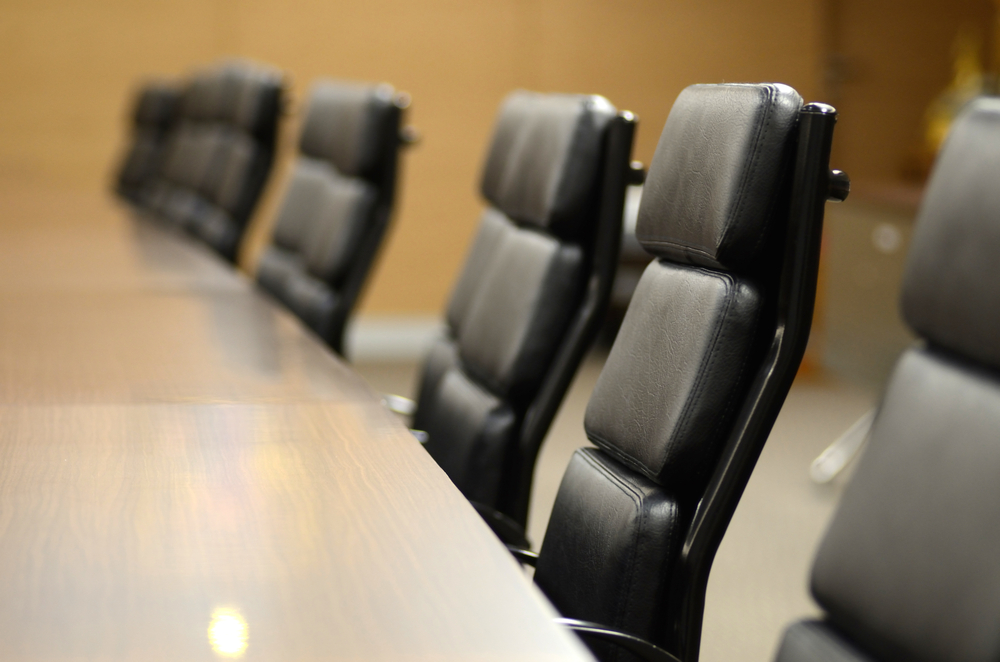
Representatives of customs agencies from member states to the Chemical Weapons Convention (CWC) recently convened at the headquarters of the Organization for the Prohibition of Chemical Weapons (OPCW) to consider improvements to the CWC’s transfer regime during a three-day training seminar.
In his opening remarks to attendees, OPCW Deputy Director-General Hamid Ali Rao stressed the importance of capacity-building for customs officials who are at the front lines of implementing the CWC transfer regime of scheduled chemicals.
“To counter such threats, the OPCW together with its partners has continued to enhance capacity of member states and their national authorities to deal with contingencies and, most importantly, to develop and implement prevention mechanisms,” Rao said.
The representatives examined the transfer procedures of scheduled chemicals under the CWC and outlined roadmaps for improvement through the introduction of CWC-related modules and materials.
Attendees also had the opportunity to visit OPCW’s laboratory to gain practical insights into chemical sample analysis, which serves as an important function for customs laboratories to enforce strategic trade control.
The seminar hosted a total of 22 participants from countries including Antigua and Barbuda, Belarus, Bulgaria, Cuba, India, Italy, Malawi, Nigeria, and Pakistan.
OPCW serves as the implementing body of the Chemical Weapons Convention. Entered into force in 1997, the convention represents the most-successful disarmament treaty in history targeting an entire class of weapons.
To date, approximately 95 percent of all chemical weapons stockpiles declares by OPCW’s 192 member states have been destroyed under the organization’s verification.




